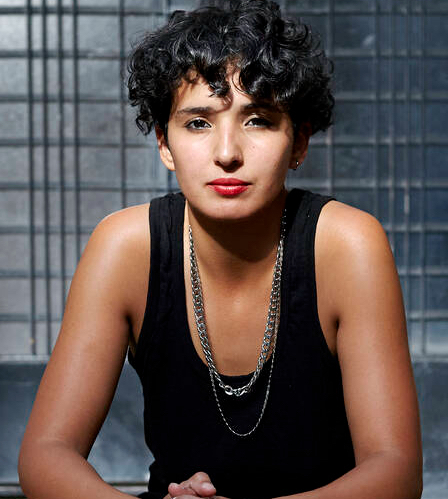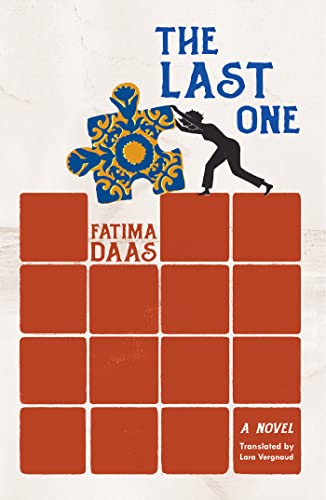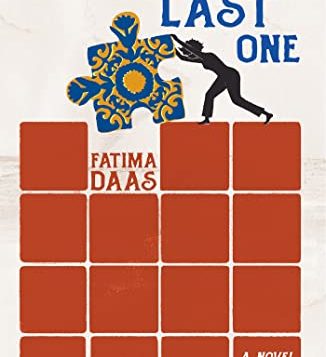
 THE LAST ONE: A Novel
THE LAST ONE: A Novel
by Fatima Daas
Translated by Lara Vergnaud
Other Press. 193 pages, $15.99
FATIMA DAAS’ The Last One follows the journey of the last daughter of Algerian parents who settled in France before her birth. In Algerian Arabic, Fatima is the mazoziya, the last one, the youngest of three daughters. Unlike her sisters, Fatima was born to parents who desperately wanted a son. Throughout this incantatory narrative, Daas presents us with a fragmented character who struggles to reconcile her attraction to women with her Islamic faith. She also seeks to incorporate recognition of her lesbianism into her fraught relationship with her Muslim mother. Daas employs a classic autofictional technique in this novel, using the author’s name to identify the narrator. In an added literary twist, “Fatima Daas” is the author’s nom de plume.
Daas rejects the easy answers and redemptive integration often offered by the conventional coming of age, coming out, or woman artist novel
The paradox at the center of the novel occurs when the narrator, referring to a woman with whom she has fallen in love, asserts that “Nina Gonzalez is the heroine of my story.” Daas includes accounts of Fatima’s involvements with other women, but this declaration is realized in the penultimate chapter, which opens with a message to Nina rather than the self-naming invocation. To be sure, Fatima’s self-awareness has increased by the end of the novel, but, as with other narrative threads, no clear answers present themselves.
Importantly, the book begins and ends with chapters about Fatima’s mother Kamar, who “hated when things weren’t put back in their place.” Her domain is the kitchen, called by the family “Her Kingdom.” At the end of the chapter, Fatima summarizes: “Kamar Daas had a kingdom, but I didn’t belong in it.” The novel concludes as Fatima celebrates her 29th birthday with her mother in the kitchen. No resolutions are reached, but a path forward for Fatima can be glimpsed.
Flashes of humor appear as well. “Early afternoons brought the nap ordeal,” runs one childhood reminiscence. At one point Fatima, a budding writer, tells Nina that she wants to write about her. Nina replies flippantly that she has already been written about, so it’s too late. “Fuck! I feel like someone just stole the last spot in the parking lot,” reflects Fatima. Moments later, Nina clarifies that she herself is the only one who has written about her, so Fatima can still be the first.
Many readers report reading this fast-paced novel in one sitting. Short declarative sentences combine with a musical cadence to encourage such an experience. Indeed it may be easy to overlook the complexity of the refrains running through this work. It’s the story of a budding writer who grew up in a majority-Muslim Parisian banlieue and spends hours commuting to Paris after she turns eighteen, who visits Algeria and meets her extended family, whose effusiveness contrasts markedly with the enforced emotional rigidity of her parents’ household. A young woman who developed severe asthma at the age of two, whose father was abusive and whose sister was raped, who visits mosques and lesbian bars in rapid succession, who struggles in school and in romantic relationships—all of these depictions coexist in one narrator in this debut novel by a talented 26-year-old writer. The wide acclaim that has greeted The Last One seems to me entirely justified.
Anne Charles lives in Montpelier, VT. With her partner and a friend, she co-hosts the cable-access show All Things LGBTQ.






